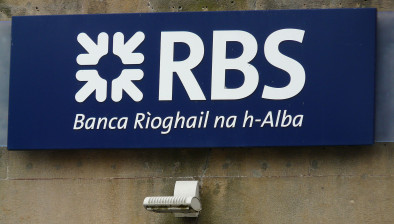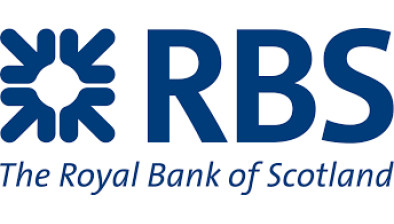RBS: Scottish growth stalls in July as firms absorb rising costs

Judith Cruickshank – Chair of One Bank Scotland Board, RBS
Scotland’s labour market continued to show some resilience as the second half of the year got underway, with job creation in the service sector partially offsetting lower manufacturing payroll numbers. Following two months of growth, business activity across the Scottish private sector slipped slightly in July.
The headline Royal Bank of Scotland Growth Tracker– a seasonally adjusted index that measures the month-on-month change in the combined output of the region’s manufacturing and service sectors – fell to 48.7 in July from 50.9 in June. This signalled a renewed fall in private sector activity following two consecutive months of growth. Positively, underlying data showed that the recent decline in manufacturing output had slowed, while services activity ticked down slightly after growing solidly in both May and June.
Businesses continued to report challenges securing new work, though July’s reduction in new orders was only modest and less pronounced than the average recorded in over the first six months of 2025.
Commenting on the Tracker’s findings, Judith Cruickshank, chair, One Bank Scotland Board, Royal Bank of Scotland, said: “The start of the second half of the year largely mirrored the conditions observed in the first six months of 2025, with some positive signs in the services sector seen alongside more challenging conditions facing manufacturers.
“Encouragingly, the accumulation of outstanding work, which points to pressure on business capacity, could create opportunities for job growth in the coming months. Notably, the uptick in backlogs marked the first increase in 14 months, with Scotland defying the broader UK trend. Moreover, while nearly all parts of the UK highlighted challenges facing local labour markets, Scotland emerged as one of the few areas demonstrating resilience.
“Scottish firms have also displayed flexibility regarding pricing. Although cost pressures have intensified, charges for Scottish goods and services increased at a softer pace, marking the weakest rise in a year. In light of current demand headwinds, Scottish firms are trying to stay competitive, even at the expense of their own profit margins it may seem.”
Scottish firms recorded a tenth straight monthly fall in new business during July. The pace of decline was modest and broadly similar to that seen in June. Firms cited that weakening client demand and political uncertainty led to the latest drop in sales.
That said, the downturn was weaker than that recorded across the UK as a whole.
Scotland-based firms continued to project an expansion of output over the next year in July. Plans to introduce new products and hopes of improved demand from both domestic and international markets underpinned positive sentiment.
The level of optimism across Scotland did however tick down slightly from June’s eight-month high. Of the 12 monitored UK regions and nations, Northern Ireland recorded weakest outlook, and the South East the strongest.
The seasonally adjusted Employment Index posted slightly below the neutral mark of 50.0 in July, indicating a dip in Scottish private sector payroll numbers. Some survey respondents reported reduced their workers in line with reduced production requirements.
Service sector employment showed a further, albeit slower, increase. Moreover, while only Northern Ireland recorded a rise in employment of the 12 monitored UK regions and nations, Scotland observed the least pronounced drop.
Scottish private sector firms recorded a marginal rise in the level of outstanding work during July, ending a run of decline since June 2024. The uptick was solely centred at service providers where fractional growth in new work fed through to firms accumulating backlogs.
Moreover, Scotland was the only area of the 12 monitored that saw a rise in outstanding business.
July data showed a marked rise in costs faced by Scottish private sector firms. The rate of inflation was the fastest in three months and in line with the UK rate. Rising supplier prices, global uncertainty and higher labour costs arising from an increase in National Insurance contributions and minimum wages, were reasons said to have pushed up expenses.
Average charges levied by Scottish private sector companies rose modestly in July. According to anecdotal evidence, rising supplier costs and general inflationary pressures were cited as reasons driving up output prices.
Nonetheless, the overall rate of output price inflation eased for a third successive month to the slowest for a year. It was also the joint slowest of the 12 monitored UK nations and regions.







